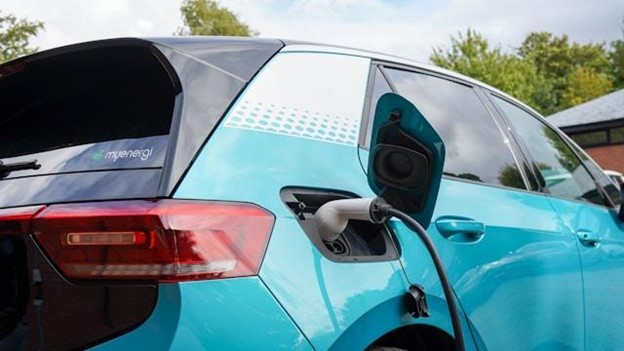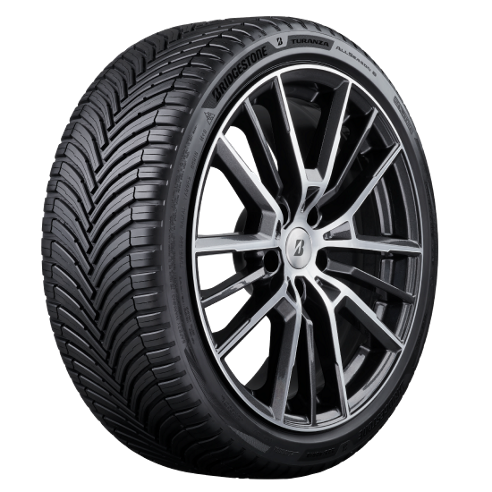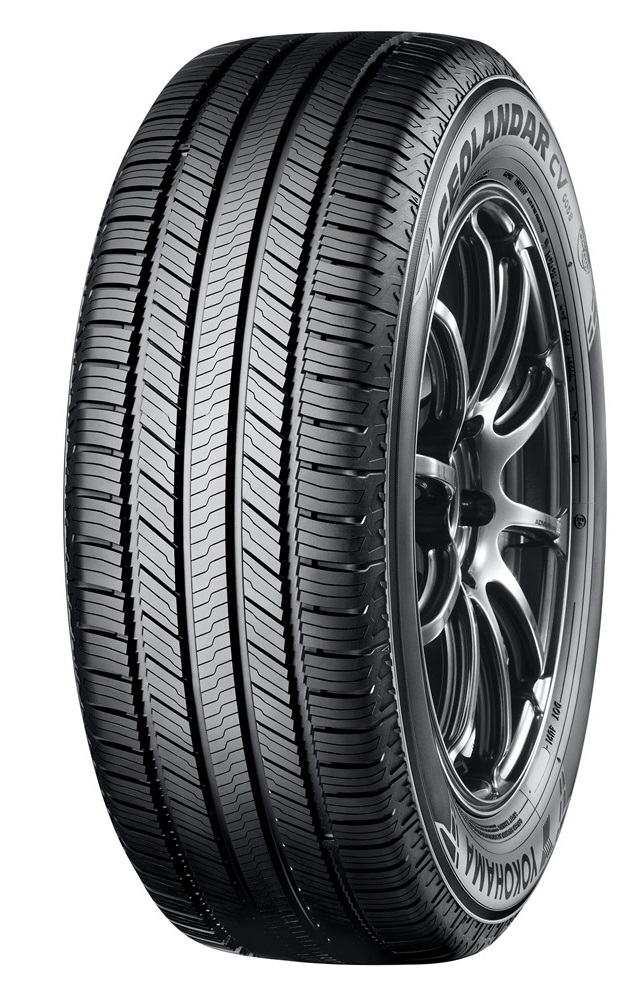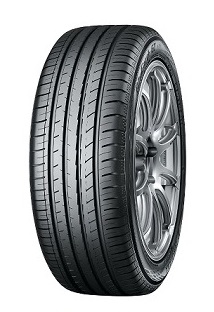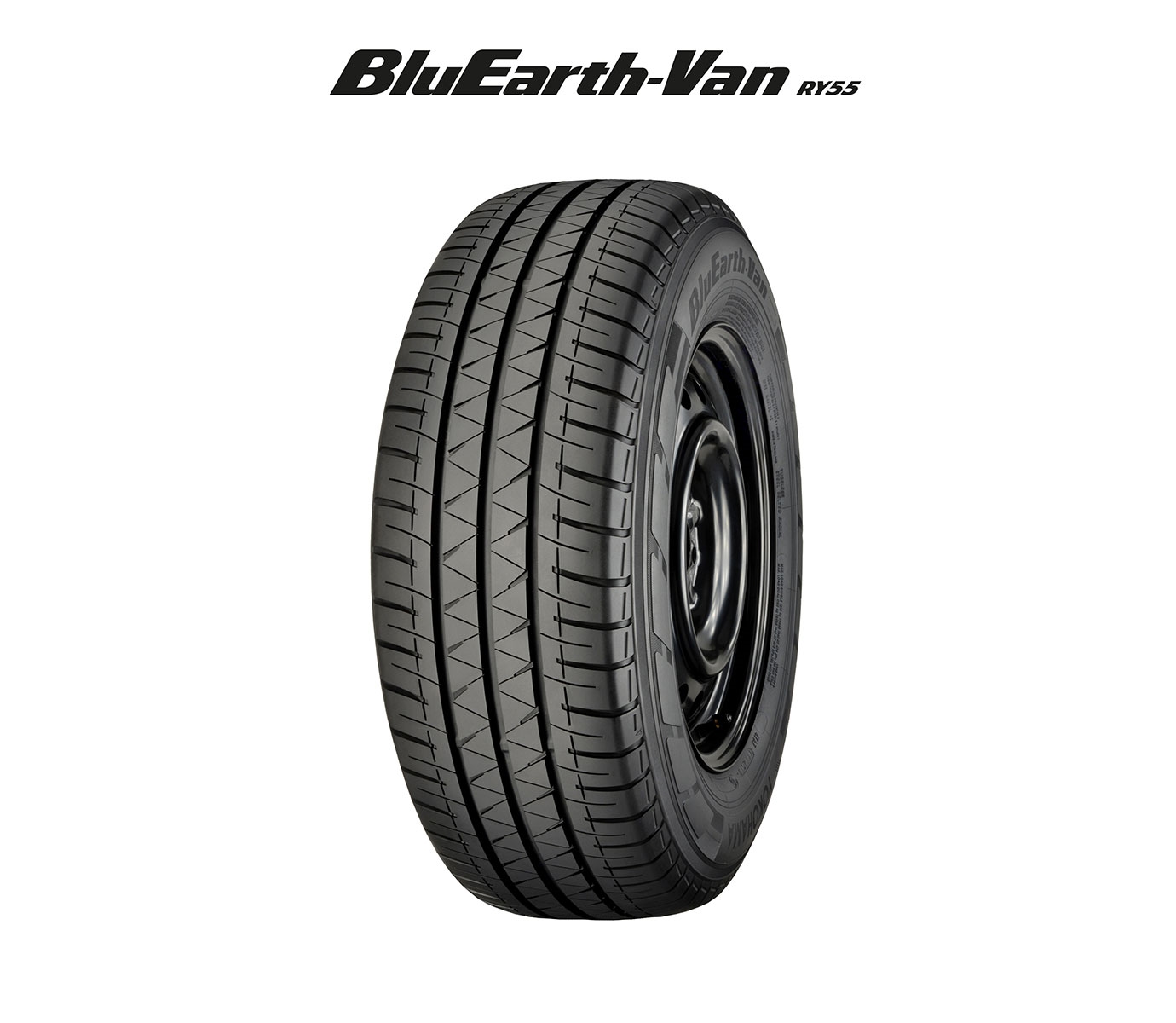Electric vehicles have refined people’s perceptions about how vehicles consume fuel. People are now considering electric vehicles as a better option to save costs on fuel. According to IEA (International Energy Agency), Electric Vehicle sales have skyrocketed from 1 million to 10 million in a period of 5 years from 2017 to 2022.
In response to these challenges, tyre manufacturers are innovating at a rapid pace, developing new materials and tread designs tailored specifically for electric vehicles. By addressing the distinct needs of the EV market, these manufacturers are not only meeting consumer demand but also driving forward the evolution of the tyre industry as a whole. The rise of electric vehicles also creates new opportunities in the transportation sector. If you’re interested in a career in electric vehicle logistics, then you might want to consider working as an Eddie Stobart Driver.
How electric vehicles have affected the tyre industry
These are some of the aspects of how electric cars have changed tyre companies:
- Electric cars are heavier
- Environmental cause
- Increased work and efficiency
- Noise reduction
- Restorative braking
Considering how much the EV industry is booming, expert job aggregators at Jooble can help connect those interested in EV careers with relevant positions.
Electric cars are bulkier
Electric cars are generally heavier than their traditional gasoline counterparts, primarily because they’re equipped with hefty batteries instead of combustion engines. If you were to compare two cars of the same model—one electric and one gasoline-powered—the electric variant would likely tip the scales with more weight due to the presence of these batteries.
Now, this extra weight puts more strain on the tyres of electric vehicles. Think of it this way: if you were to use the same tyres designed for a regular car on an electric vehicle, they’d wear out much faster because they’re not built to handle the increased weight and demands placed upon them.
Because of this, tyre companies have seen a significant uptick in their workload. They’re now producing tyres specifically engineered for electric vehicles, ones that can withstand the additional weight and provide the necessary durability and performance. So, if you’re driving an electric car, there’s no need to worry—there are specialized tyres out there designed to keep you rolling smoothly and safely.

(Photo: Obi – @pixel8propix; Unsplash)
Say goodbye to rubber tyres?
The rise of electric vehicles isn’t just about moving away from traditional combustion engines; it’s also a response to the pressing environmental challenges we face today. With pollution from gasoline and diesel vehicles contributing significantly to global warming, the shift to electric propulsion is seen as a crucial step towards reducing our carbon footprint. The tyre companies also had to find ways to contribute to the betterment of the environment. The main element of a tyre is the rubber.
Therefore, the tyre manufacturing companies started finding ways in which they could utilize the rubber in a more environmentally friendly way by making tyres from rubber made from recycled materials.
Increased work and efficiency required
In electric vehicles, the motors are super precise, meaning they deliver power really quickly, making the car accelerate faster than traditional gas-powered ones. But here’s the thing: regular car tyres, no matter how tough, wear out faster on electric vehicles because of this speedy acceleration.
So, tyre companies have come up with special tyres just for electric cars. These tyres are made to handle the quick acceleration and high torque of electric motors, letting you drive longer without wearing out the tyres too quickly. One important thing about these tyres is that they’re designed to minimize something called rolling resistance – that’s the energy it takes to move the tyre. By reducing rolling resistance, these tyres help electric cars save energy and go farther on a single charge. It’s all about making electric cars more efficient and giving you a smoother, longer ride.
Noise reduction
One of the distinctive features of electric vehicles is their quiet operation, unlike the familiar hum of a combustion engine. While this may seem like a perk, it poses a unique challenge for tyre manufacturers: reducing the noise generated by tyres rolling on the road.
Traditional combustion engine cars often mask tyre noise with their engine sounds, but electric vehicles lack this cover-up. To address this, tyre companies are getting creative. They’re experimenting with new tyre patterns specifically designed to minimize noise while rolling. Additionally, they’re exploring different materials and rubber compounds that can help dampen sound and make the driving experience in electric vehicles even quieter.
Restorative braking
The braking system in electric vehicles is a testament to the remarkable advancements in automotive engineering. Unlike traditional cars, where braking dissipates kinetic energy as heat, electric vehicles employ a smart technology called regenerative or restorative braking.
Here’s how it works: When you hit the brakes in an electric car, instead of simply slowing down and creating heat, the braking system actually converts the kinetic energy into electrical energy. This energy is then fed back into the car’s battery for later use. It’s like giving the car a little recharge every time you brake.
This process is made possible by the unique treads and compound materials used in tyres specifically designed for electric vehicles. By harnessing this regenerative braking technology, electric cars are not only more energy-efficient but also extend the range of the vehicle, making them even more practical and environmentally friendly.
Wrapping up
Electric car manufacturers and electric tyre manufacturers are working to change the perception of people towards the EV industry. With the concept of self-driving cars on the horizon, it will be interesting to see what the future unfolds for the automobile sector. We might have a revolution in the way we commute in our daily lives.
This concept might also become a failure making people opt for regular gasoline engines. Many countries are acknowledging the fact that by 2030, the majority of automobile companies will be manufacturing Electric Vehicles only, and gasoline engines will become obsolete.

